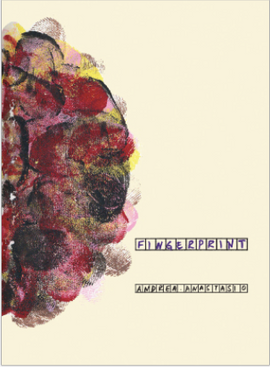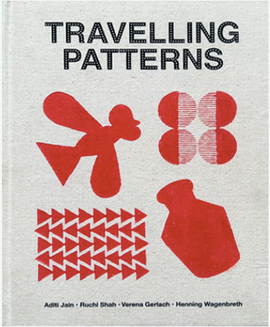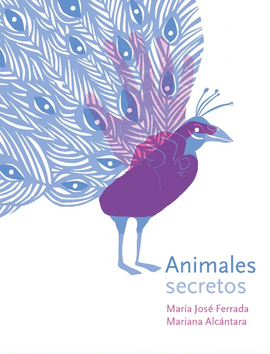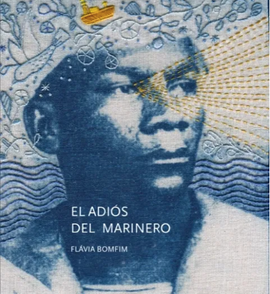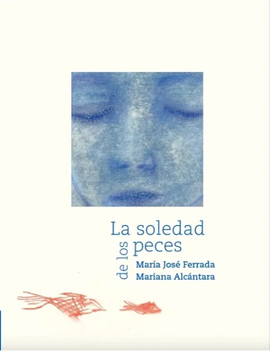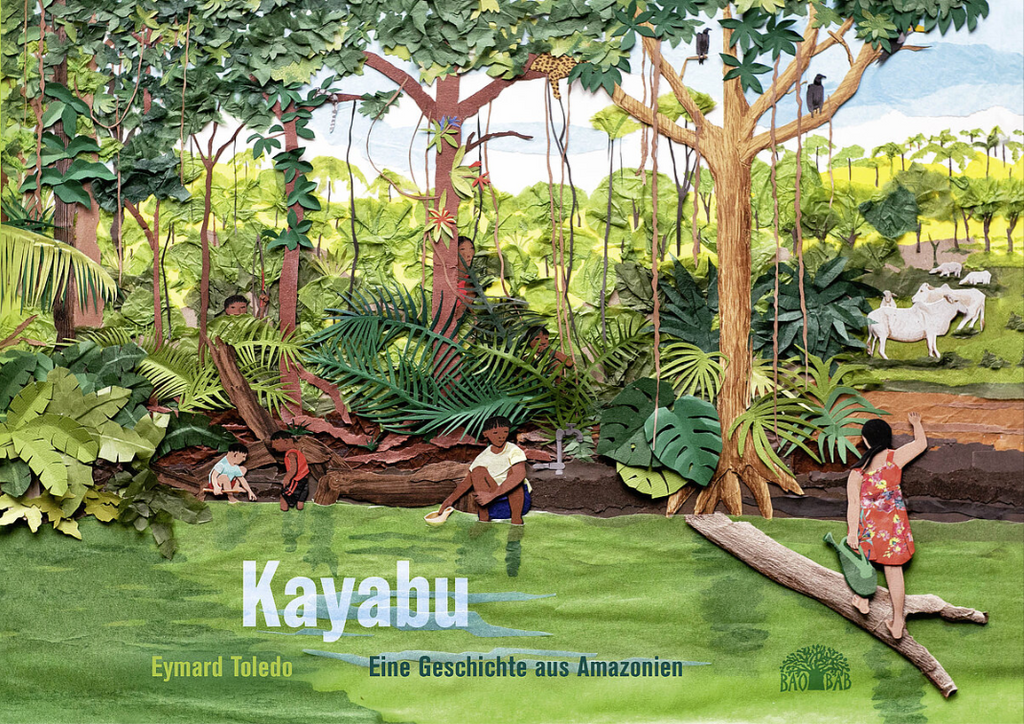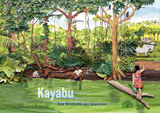Related Books
You may also like:
Fingerprint / Besondere Bücher / Andrea Anastasio
You may also like:
Travelling Patterns / Besondere Bücher / Aditi Jain / Ruchi Shah / Verena Gerlach / Henning Wagenbreth
You may also like:
Animales Secretos / Jugendbuch Spanisch / María José Ferrada / Mariana Alcántara
You may also like:
El adiós al marinero / Jugendbuch Spanisch / Flávia Bomfim
You may also like:
La soledad de los peces / Bilderbuch Spanisch / María José Ferrada / Mariana Alcántara
Kayabu / Bilderbuch Deutsch / Eymard Toledo
Für Kinder ab 6 Jahren
Naná lebt in einem Dorf am Ufer des Amazonas. Das Leben der Menschen ist vom feuchtwarmen Klima und vom Rhythmus der Jahreszeiten geprägt. Wenn in der Regenzeit der Fluss über die Ufer tritt, lassen die Menschen das Wasser durch ihre Wohnhäuser fließen, und die Dorfkinder legen den Schulweg mit dem Boot zurück.
Eines Tages, als Naná mit ihrer Angelrute am Ufer sitzt und darauf wartet, dass ein Fisch anbeißt, taucht ein Kanu auf. Darin sitzt eine Mutter mit ihren Kindern, der älteste Junge steuert das Boot mit einem Paddel geschickt durch die Strömung. Naná fragt sich, wohin diese Menschen unterwegs sein mögen.
Dann taucht der Junge aus dem Kanu kurz darauf in der Dorfschule auf. Er heißt Kayabu und bekommt seinen Platz neben Naná. Die beiden freunden sich an, obwohl sie immer wieder über die Welt des anderen staunen.
Diese Freundschaftsgeschichte öffnet ein Fenster auf die Welt der indigenen Bevölkerung Amazoniens, deren Lebensraum durch industrielle Abholzung und Rohstoffabbau bedroht ist. In Brasilien gab es einst 1000 indigene Volksgruppen, heute sind es noch etwa 200.
------------------------------------------------------
"Naná lives in a village on the banks of the Amazon. People's lives are characterized by the warm, humid climate and the rhythm of the seasons. When the river overflows its banks in the rainy season, people let the water flow through their homes and the village children travel to school by boat.
One day, as Naná sits on the bank with her fishing rod, waiting for a fish to bite, a canoe appears. A mother sits in it with her children, the oldest boy deftly steers the boat through the current with a paddle. Naná wonders where these people are headed.
Then the boy from the canoe shows up at the village school shortly afterwards. His name is Kayabu and he takes his place next to Naná. The two become friends, although they are always amazed at each other's worlds.
This story of friendship opens a window onto the world of the indigenous population of Amazonia, whose habitat is threatened by industrial deforestation and resource extraction. There were once 1,000 indigenous ethnic groups in Brazil, but today there are around 200."
© Baobab Books.
| Titel | Kayabu / Bilderbuch Deutsch / Eymard Toledo |
| Kurator | mundo azul |
| Typ | Bilderbuch Deutsch |
| ISBN | |
| Online seit | Feb 29, 2024 |
Für Kinder ab 6 Jahren
Naná lebt in einem Dorf am Ufer des Amazonas. Das Leben der Menschen ist vom feuchtwarmen Klima und vom Rhythmus der Jahreszeiten geprägt. Wenn in der Regenzeit der Fluss über die Ufer tritt, lassen die Menschen das Wasser durch ihre Wohnhäuser fließen, und die Dorfkinder legen den Schulweg mit dem Boot zurück.
Eines Tages, als Naná mit ihrer Angelrute am Ufer sitzt und darauf wartet, dass ein Fisch anbeißt, taucht ein Kanu auf. Darin sitzt eine Mutter mit ihren Kindern, der älteste Junge steuert das Boot mit einem Paddel geschickt durch die Strömung. Naná fragt sich, wohin diese Menschen unterwegs sein mögen.
Dann taucht der Junge aus dem Kanu kurz darauf in der Dorfschule auf. Er heißt Kayabu und bekommt seinen Platz neben Naná. Die beiden freunden sich an, obwohl sie immer wieder über die Welt des anderen staunen.
Diese Freundschaftsgeschichte öffnet ein Fenster auf die Welt der indigenen Bevölkerung Amazoniens, deren Lebensraum durch industrielle Abholzung und Rohstoffabbau bedroht ist. In Brasilien gab es einst 1000 indigene Volksgruppen, heute sind es noch etwa 200.
------------------------------------------------------
"Naná lives in a village on the banks of the Amazon. People's lives are characterized by the warm, humid climate and the rhythm of the seasons. When the river overflows its banks in the rainy season, people let the water flow through their homes and the village children travel to school by boat.
One day, as Naná sits on the bank with her fishing rod, waiting for a fish to bite, a canoe appears. A mother sits in it with her children, the oldest boy deftly steers the boat through the current with a paddle. Naná wonders where these people are headed.
Then the boy from the canoe shows up at the village school shortly afterwards. His name is Kayabu and he takes his place next to Naná. The two become friends, although they are always amazed at each other's worlds.
This story of friendship opens a window onto the world of the indigenous population of Amazonia, whose habitat is threatened by industrial deforestation and resource extraction. There were once 1,000 indigenous ethnic groups in Brazil, but today there are around 200."
© Baobab Books.

